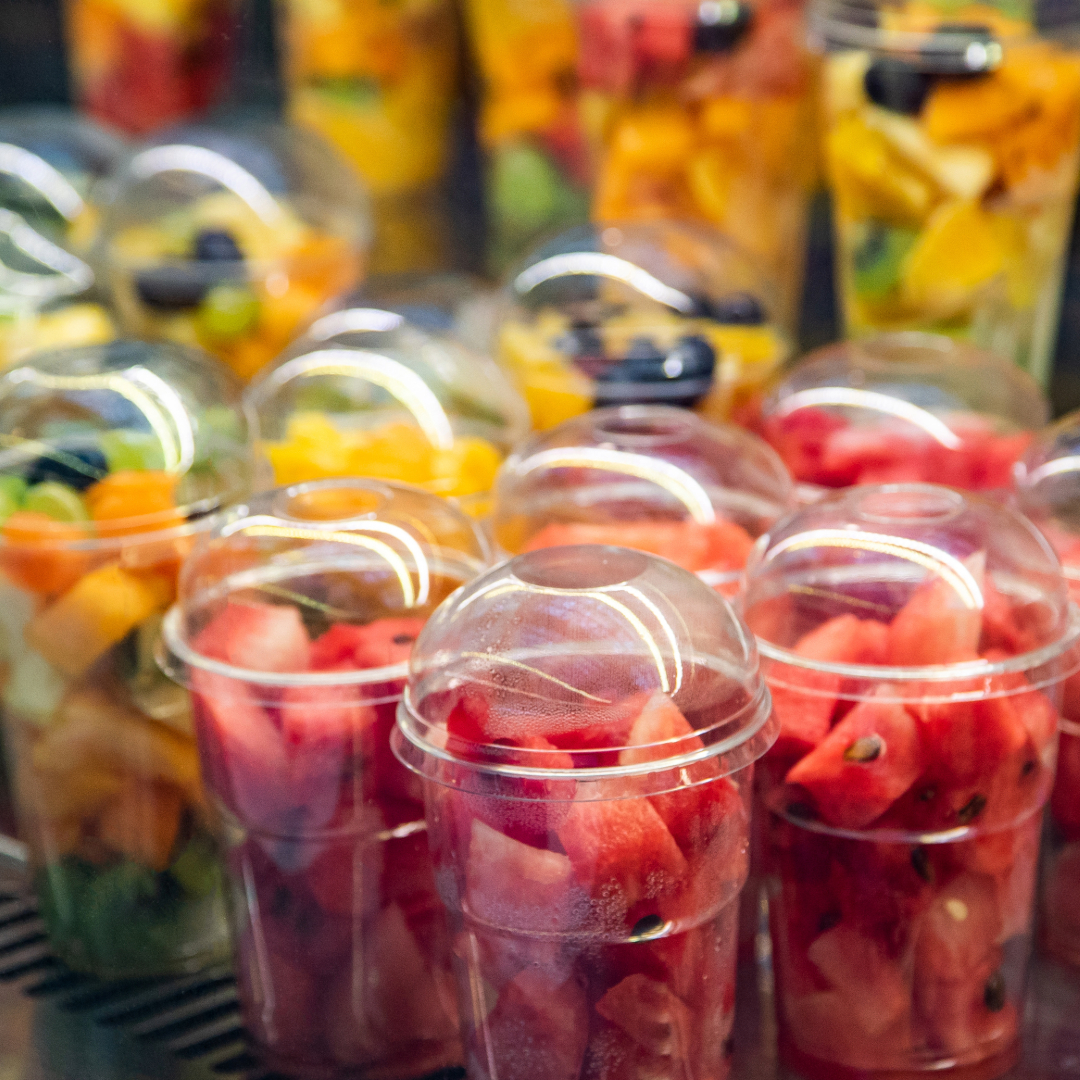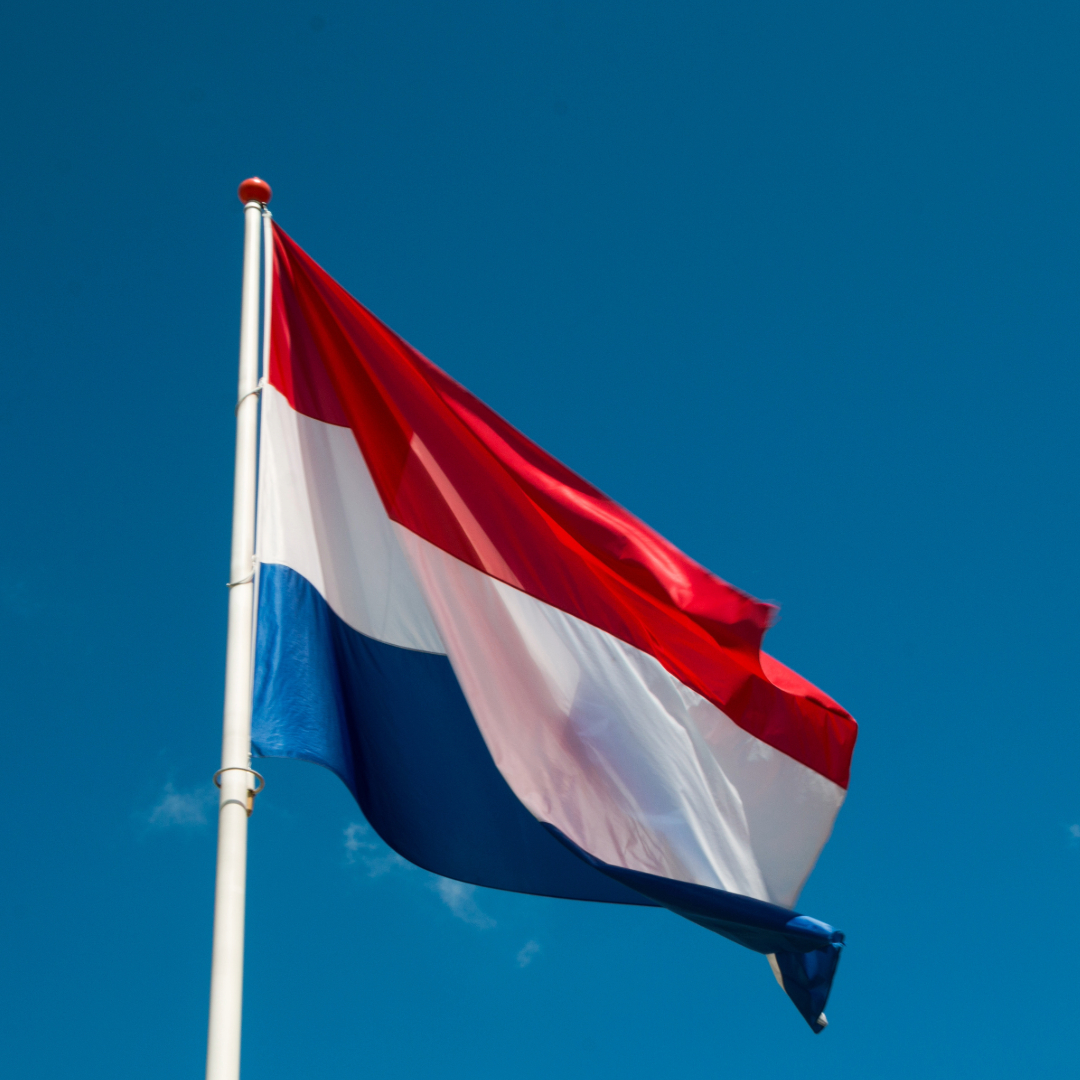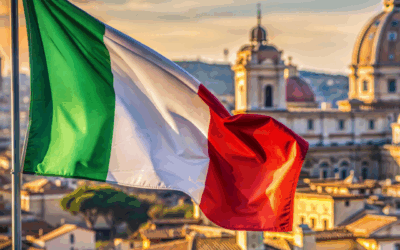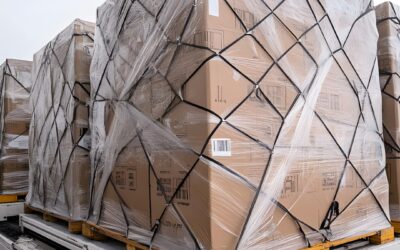Ban on Single-Use Plastic in the Netherlands: What You Need to Know




Since January 2024, a ban on certain single-use plastic products has been in effect in the Netherlands. The ban also applies to the use of microplastics in cosmetic products. These new regulations are aimed at reducing plastic consumption in the Netherlands and protecting the environment in a sustainable manner. In this post, you will learn which products are affected and what else you need to consider.
The Background of the Ban
As in many other EU countries, single-use plastic is increasingly under scrutiny in the Netherlands to protect the environment. Based on the Single-Use Plastics Directive (EU) 2019/904 of the European Parliament, more and more EU member states are implementing regulations to reduce the environmental impact of certain plastic products.
Since July 2023, for example, Dutch consumers have been paying an additional fee for their single-use plastic cups or containers, especially for to-go products. The fee also applies to paper cups with a plastic lining and to-go packaging available in supermarkets. Since January 2024, the additional regulation on Single-Use Plastic has been in force. As a result of this regulation, various single-use plastic products are no longer available in Dutch stores. Instead, there is a shift towards environmentally friendly and reusable alternatives.
In addition to this regulation, a ban on the use of microplastics in cosmetic products has come into effect. The ban on these tiny plastic particles, which are found in many personal care products, is intended to help improve water quality and protect our marine ecosystems.
These Products Are Affected:
- Plastic bags, straws, single-use plastic cups
- Single-use plastic containers, tableware, and cutlery
- Styrofoam cotton swabs, balloon sticks, and stirrers
- Styrofoam food packaging
- Microplastics in cosmetic products
Implementation of the Ban in Trade and Gastronomy
The new regulation distinguishes between consumption or consumption on-site and consumption on the go, resulting in slightly different interpretations for trade and gastronomy. The Dutch government sets guidelines for the surcharge that consumers must pay for single-use plastic products. For instance, the proposed surcharge for cups is 25 cents per cup, 50 cents per meal, and five cents for small storage containers.
Single-Use Plastic in Retail
Consumers pay an additional fee for single-use containers with plastic content for ready-to-eat meals at places like supermarkets, bakeries, or kiosks where on-site consumption is not provided. The amount of the surcharge can be determined by the respective companies. However, the costs must be listed separately on the receipt so that consumers can clearly see what they are paying for the use of single-use plastic products. There is no additional fee for containers with food that are not directly ready to eat and, for example, need to be heated before consumption.
If on-site consumption is offered, single-use containers with plastic may not be provided. Instead, retailers must offer a reusable option or allow customers to bring their own containers.
Single-Use Plastic in Gastronomy
For on-site consumption, it is prohibited for restaurateurs to provide single-use containers made of plastic. Instead, reusable tableware must be used or the use of customers’ containers must be offered.
However, for takeaway or delivery of food, single-use containers can be used as long as customers pay an additional fee for the containers. Again, the surcharge must be listed separately on the bill. Alternatively, reusable alternatives with a return system or customers’ containers can also be used here.
Single-Use Plastic in Businesses
Since 2024, the ban on single-use plastic also applies to corporate canteens, offices, or institutions. Washable tableware must be used here. Alternatively, reusable containers or customers’ containers can also be used. An exception is made for healthcare facilities such as hospitals.
Conclusion: Ban Serves Environmental Protection
With these measures, the Netherlands is implementing the EU directive to reduce single-use plastics. The measures are intended to reduce the large amounts of single-use plastic waste and strengthen the use of reusable alternatives. In the long term, this should protect the environment and strengthen the use of recyclable materials.

LIZENZERO.EU makes packaging compliance in Europe very easy.
Do you ship your products to different countries in the EU? Many different legal requirements and obligations can make the whole thing quite complicated – but don’t worry, we’ll do it for you. How do we do it? With our licensing service, we take over all obligations for you by power of attorney. Sounds good? We’ll be happy to advise you.
For shipping to Germany, you can easily fulfill your packaging obligations yourself via Lizenzero.de.
Ban on Polystyrene Packaging in France: Postponement to 2030 Brings Opportunities and Challenges
Plastic bottles are part of everyday life for many people, whether on the go, at the office, or during sports. In recent years, the materials used to make these bottles have come under increasing scrutiny, especially due to EU-level regulations. Consumers are paying more attention to which chemical substances may be present in their bottles. One of the most well-known and controversial substances is bisphenol A (BPA). BPA is often incorrectly referred to as a plasticizer. It has been heavily criticized for years because of its hormone-like effects and potential health risks, not only in plastic bottles.
EPR in Italy: duties for e-commerce & textiles
New rules for selling via online marketplaces have been in force in Italy since November 2024: With Law 166/2024 (amendment to the existing Legislative Decree 152/2006), Italy is tightening the EPR requirements. Italian online marketplaces must now record and pay data and fees for products subject to EPR in the area of electrical and electronic equipment (WEEE) on behalf of their retailers. For you as a retailer, this means that anyone selling to end customers via an Italian marketplace must be registered.
Commercial packaging in the EU: obligations at a glance
In this article, we explain the differences between the packaging types, the legal basis for them and how some EU member states – specifically France, Austria and Spain – deal with commercial packaging.



